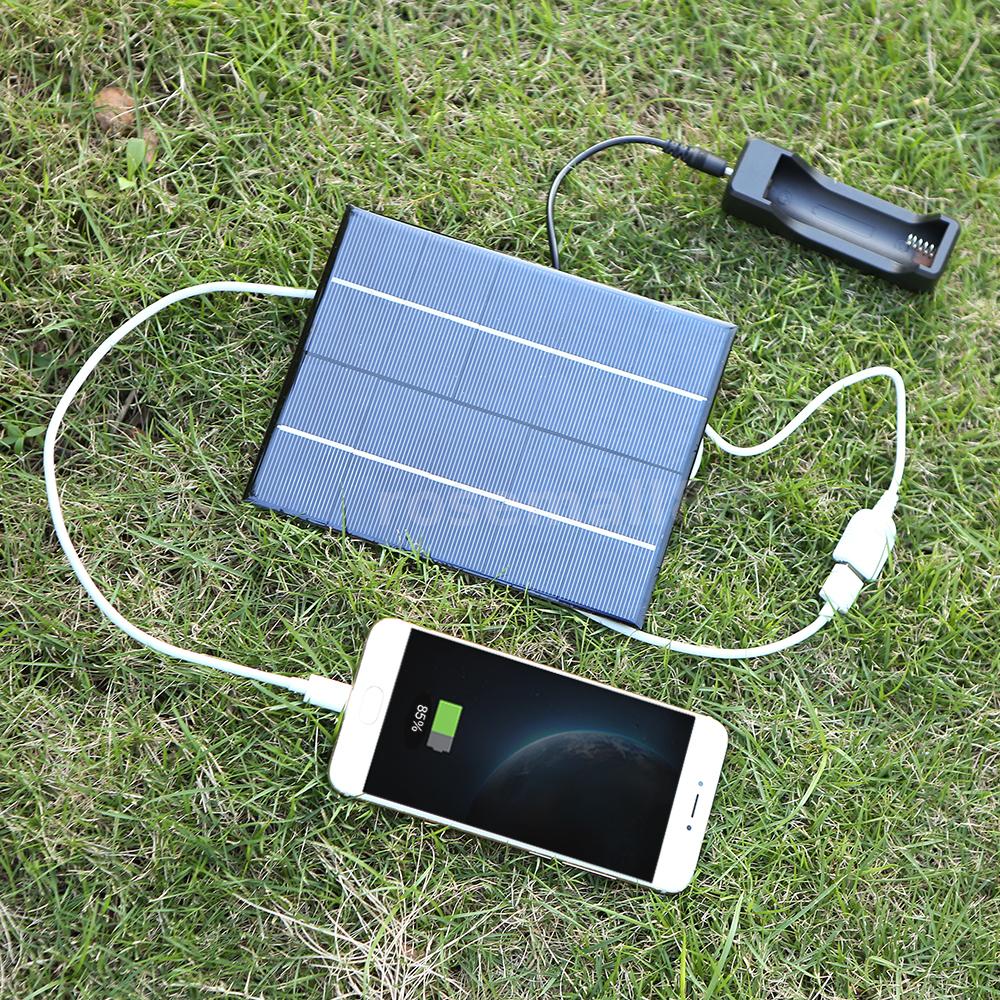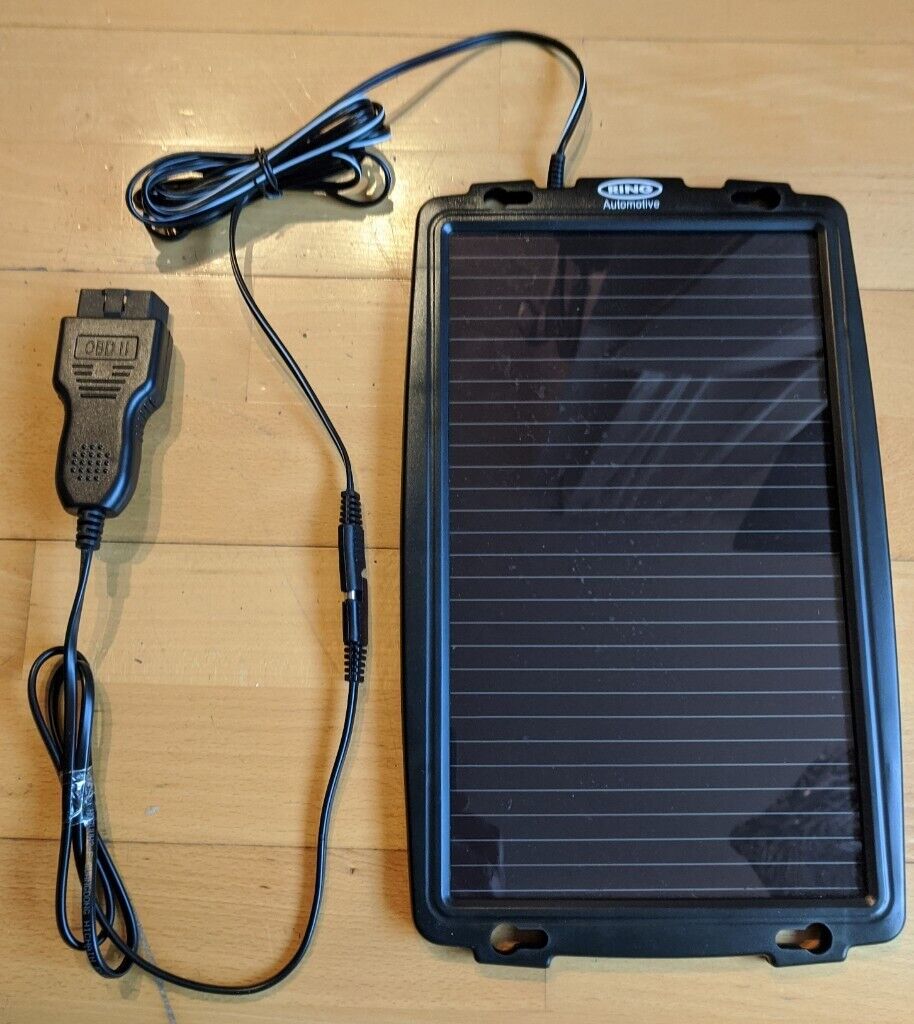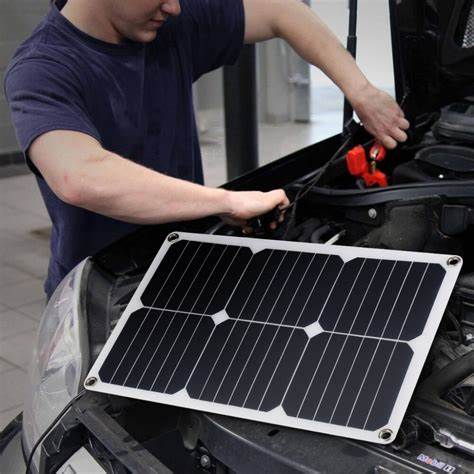Solar power systems are becoming increasingly important, and many homes and commercial spaces are now adopting this green and clean energy. And rightly so! Not only is solar energy economical and practical, but it is also excellent for the environment, making it a great step towards a better tomorrow.
If you are planning to install a solar energy system in your home or office, you would already know that PV panels are the most vital component of solar power systems; however, there are several other elements that are equally important. One such component is the solar battery charger controller. A solar battery charger controller (also known as a charge regulator) is an electrical device that controls or regulates the charge and discharge levels of a solar battery.
Solar battery charger controllers are an important component of solar energy systems, particularly off-grid and hybrid solar PV systems because they improve battery performance, efficiency, and service life. Do you want to know how? Keep reading as we’ll go over everything from the function of a solar battery charger controller to the various types of devices available in the Indian market.
Why is a Solar Battery Charger Controller Used?

source: pinterest.com
Let’s begin by understanding where a solar battery charger controller is used. As previously stated, a solar battery charger controller is intended to manage the charge and discharge levels of a solar battery, but here is how it works:
The solar battery charge controller keeps the battery from overcharging during the day when power production is at its peak. Apart from this, it ensures that excess power stored in the solar battery is not returned to the solar photovoltaic (PV) panels, which can cause battery drain. The device also manages the amount of electricity used by connected appliances before disconnecting the load to prevent over-discharge.
While these are the three primary functions of a solar battery charge controller, it also has some additional features, such as reverse current protection, multi-stage charging, and low voltage disconnect (LVD), which are pivotal for the optimal functioning of your solar panel system. It also includes a display panel (or screen) for easy monitoring.
Let’s talk about the different types of solar charger controllers now that we have covered the fundamentals.
Types of Solar Battery Charger Controllers
Solar battery charger controllers are available in two varieties in India. Let’s discuss both these types in detail.
Solar Charge Controllers with Pulse Width Modulation (PWM)

source: Gumtree.com
Solar battery charger controllers that use pulse width modulation (PWM) operate by connecting the solar battery and PV panels directly. Instead of providing a constant output, the device sends a series of pulses to the battery bank, making it more suitable for small-scale solar energy systems.
Furthermore, PWM solar charge controllers have been in use for decades and are relatively inexpensive. However, because MPPT technology is relatively new and advanced, PWM technology is slightly less efficient.
Maximum Power Point Tracking (MPPT) Solar Charge Controllers
Maximum Power Point Tracking (MPPT) solar battery charge controllers are designed to generate the most efficient combination of current and voltage, preventing power loss. Even better, MPPT solar charge controllers are compatible with all types and sizes of solar PV systems, particularly large-scale ones.
Furthermore, as previously discussed, MPPT solar charge controllers are more efficient than PWM technology, making them the preferred choice for many.
How to Charge Battery with Solar Panel?

source: pinterest.com
While talking about solar battery charger controllers, it’s also important to discuss how to charge batteries with solar panels. Now, this is something you can do only if you have a solar battery charger controller. This is because connecting a solar panel directly to the battery can seriously damage it and render it practically useless. Instead, connect the battery to your solar battery charge controller. This will divide the wattage of the solar panel by the voltage of its battery in order to get the number of amps your charge connector should handle.
That concludes everything you need to know about solar battery charger controllers. The most important thing to consider before buying a regulator for your battery is the type. If you’re wondering which of the two is the better option, it depends on a number of factors. The size (and type) of the solar PV system, your daily power consumption, and your budget are all factors to consider.
You would also need to consider the features offered by the solar battery charge controller. If you’re unsure where to begin, check out our wide range of solar products. We are one of India’s leading brands, offering a diverse range of solar products and services, including some of the most efficient solar battery charger controllers.


